

Bansud, officially the Municipality of Bansud, is a 2nd class municipality in the province of Oriental Mindoro, Philippines. According to the 2020 census, it has a population of 42,671 people. The town's name is derived from the local term "bansud" which refers to a type of tree that was once abundant in the area.
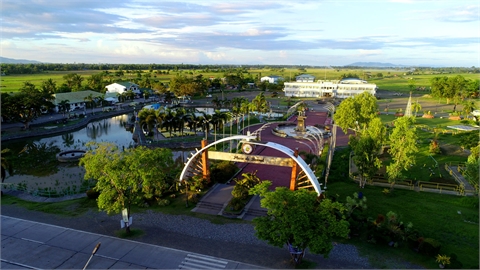
The municipality of Bansud was created on June 13, 1950, through Republic Act No. 505, separating it from the municipality of Bongabong. The town was formally inaugurated on January 1, 1951. Bansud is known for its agricultural products, particularly rice, coconut, and banana, which are the main sources of livelihood for its residents.
Bansud played a significant role during the Japanese occupation in World War II, serving as a strategic location for guerrilla forces. After the war, the town gradually developed its infrastructure and agricultural lands, becoming an important contributor to Oriental Mindoro's economy. The annual "Bansudani Festival" celebrates the town's cultural heritage and agricultural bounty.
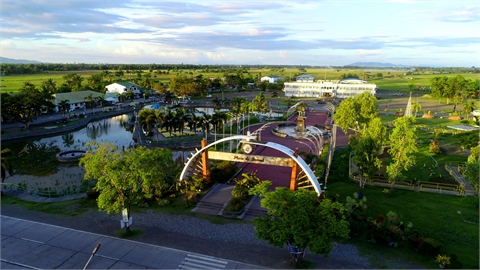
The Mangyan, the indigenous people of Mindoro, settled near the mouth of the Bansud River. They named the area "Basud," meaning "delta," due to its fertile soil. This peaceful settlement thrived until settlers from Marinduque and the Visayan Islands arrived. Over time, "Basud" evolved into "Bansud" .
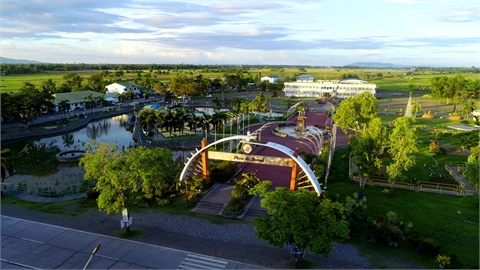
On July 4, 1959, Bansud was officially inaugurated as a separate municipality from Bongabong through Republic Act No. 2514, sponsored by Congressman Jose Leido Sr. and approved by President Carlos P. Garcia. This date coincides with Philippine-American Friendship Day
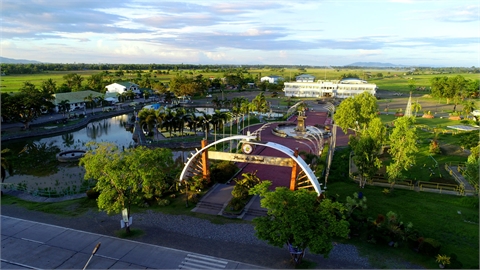
In November 1959, Bansud held its first local election. Felimon G. Salcedo was elected mayor, with Paulino Dela Pena as vice mayor. However, the election results were contested, and Leon S. Mampusti was reinstated, serving as mayor until 1964 .
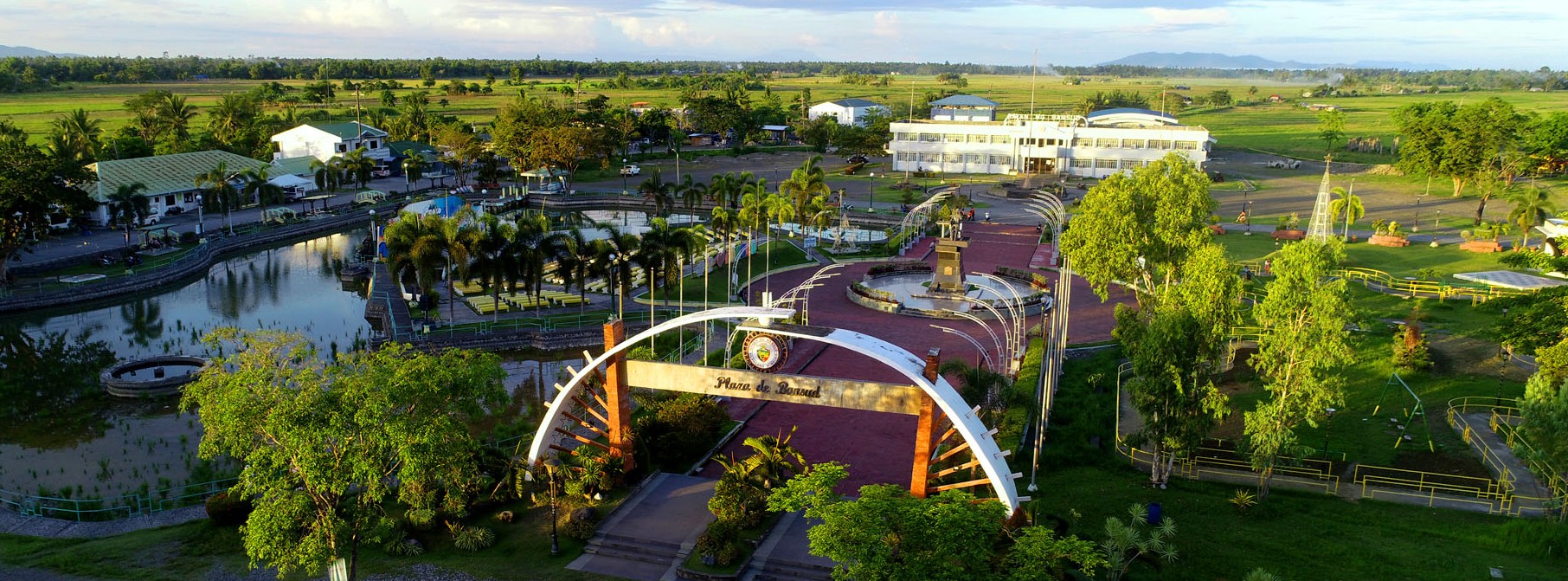
Infrastructure Development Under the leadership of Mayor Leon S. Mampusti, Bansud saw significant infrastructure development, including the establishment of public markets and efforts to protect municipal boundaries from encroachment by neighboring Bongabong
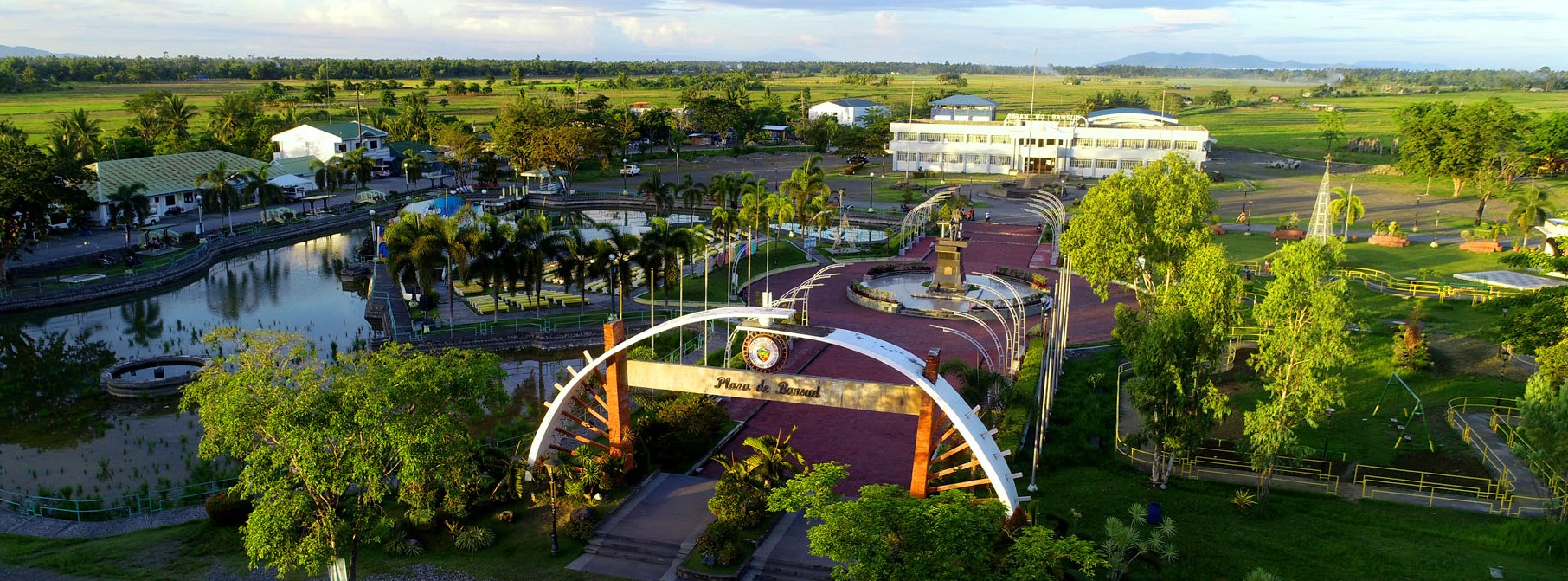
Political Leadership The 1980s and 1990s were marked by political transitions, with leadership changes and continued development initiatives aimed at improving the municipality's infrastructure and services .
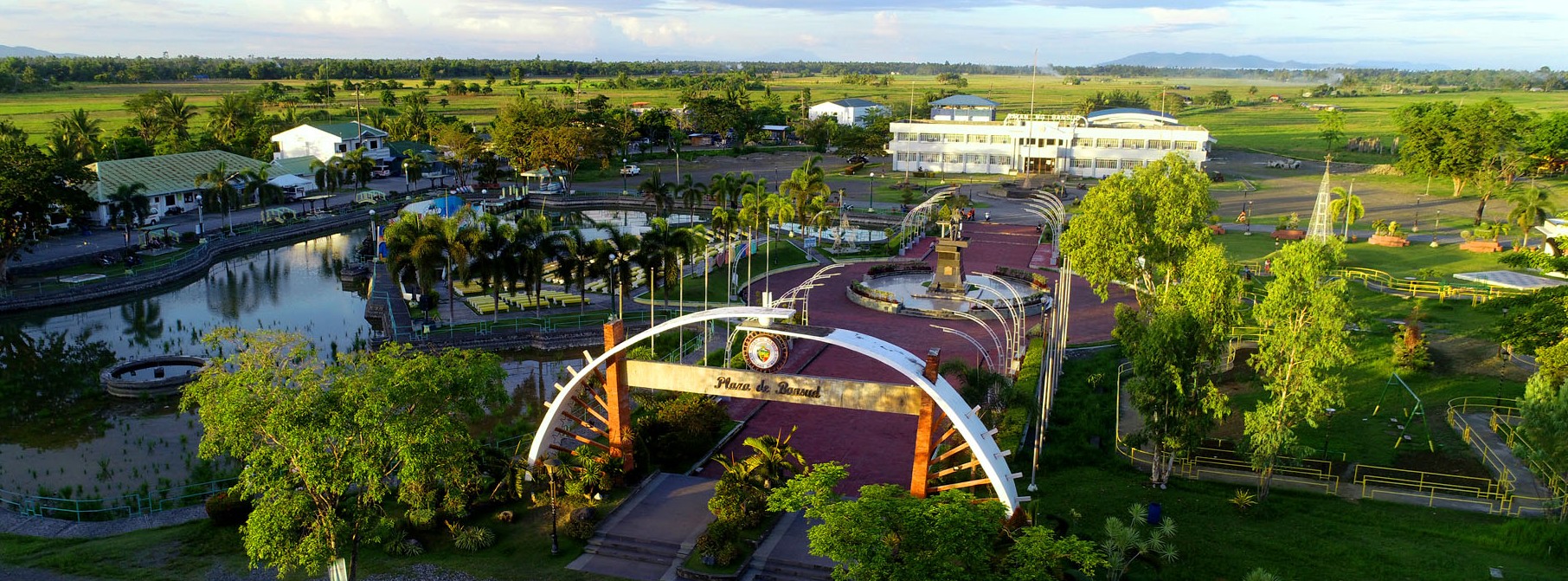
In 2010, the Polytechnic University of the Philippines opened a campus in Bansud, offering programs in Information Technology, Secondary Education, and Office Management Technology, contributing to the municipality's educational development
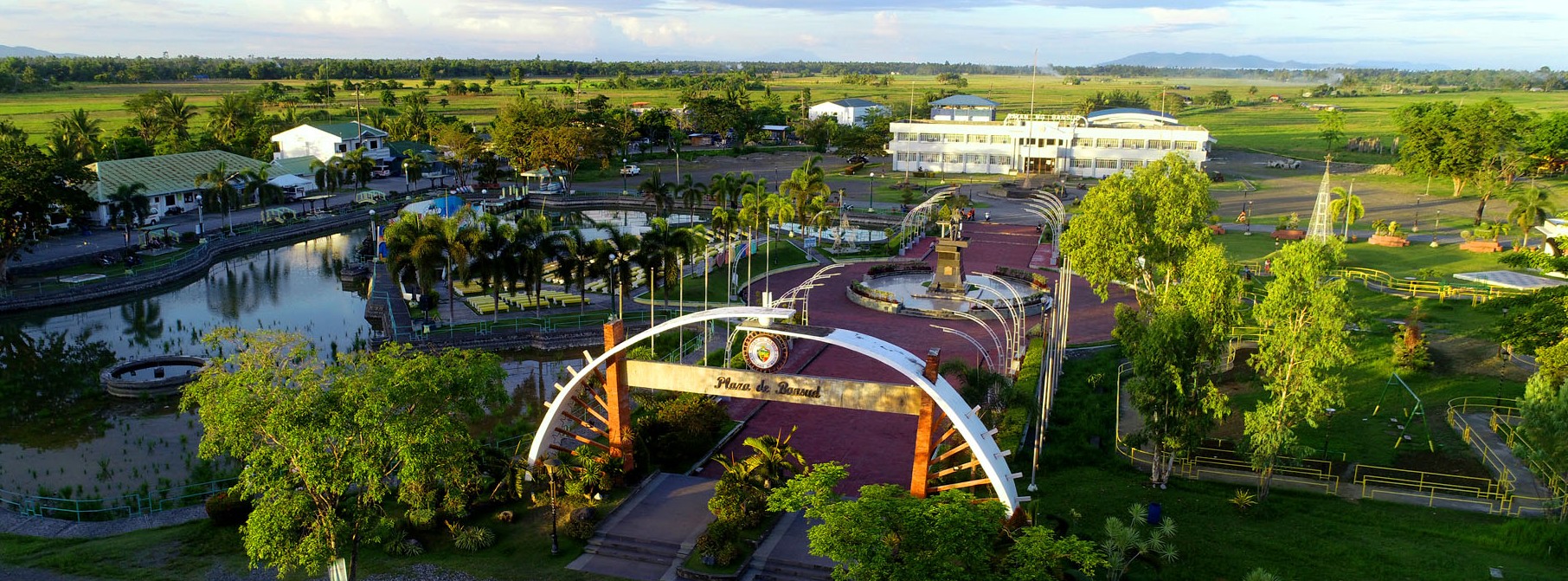
Bansud became home to the Mimaropa Regional Science High School in 2011, further enhancing educational opportunities in the region
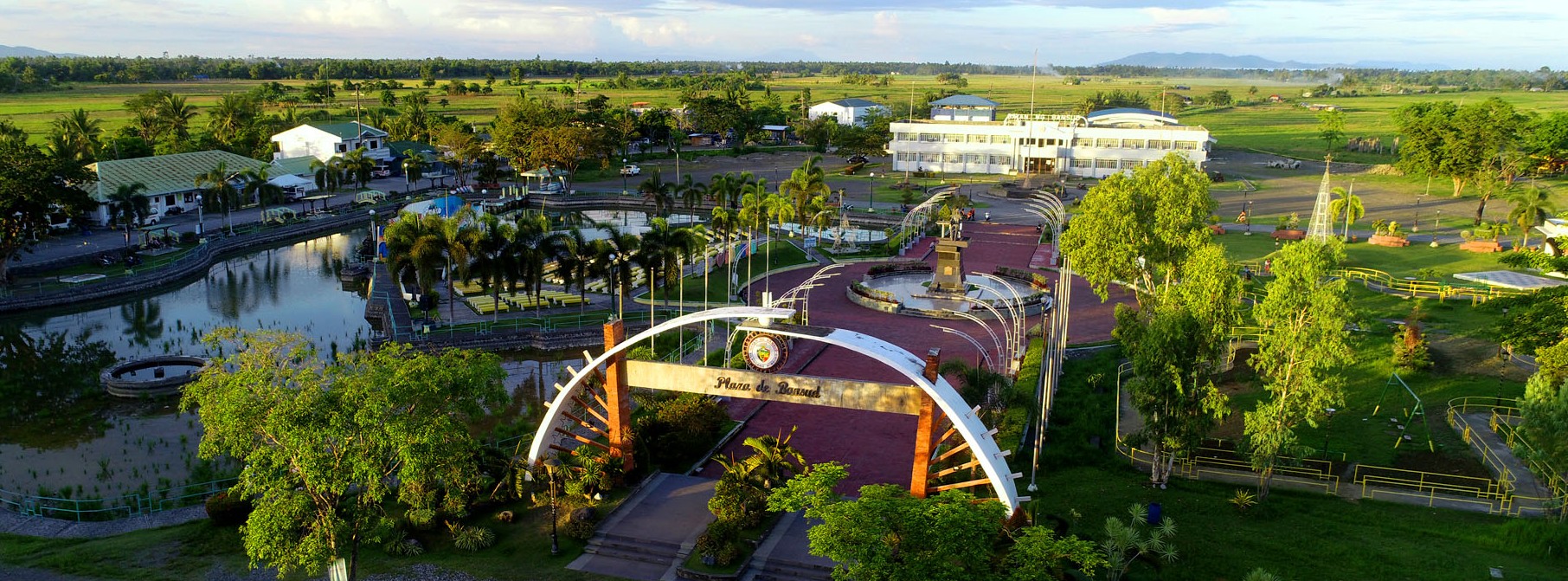
In February 2023, the MT Princess Empress oil spill affected several municipalities, including Bansud. The spill caused significant environmental damage, impacting marine habitats and local livelihoods
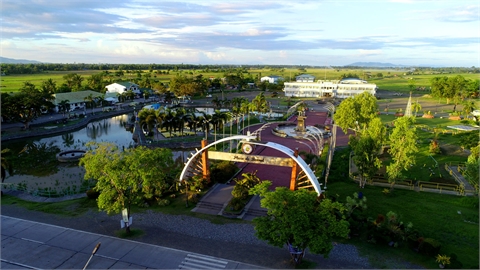
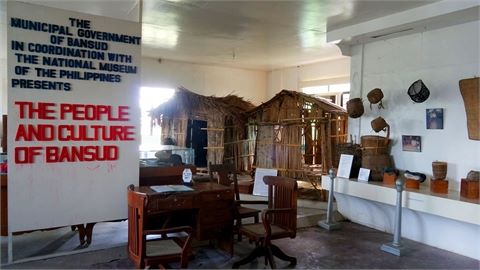
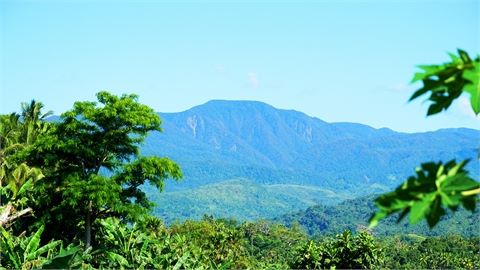
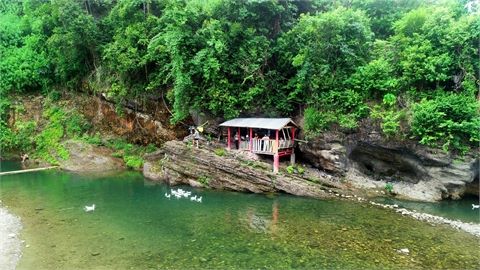
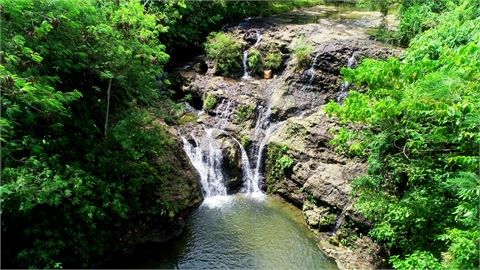
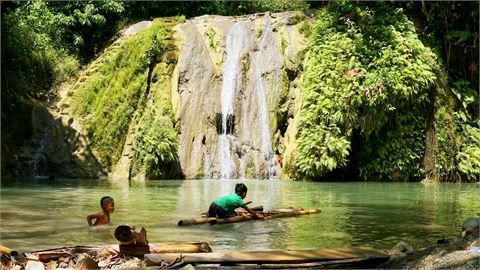
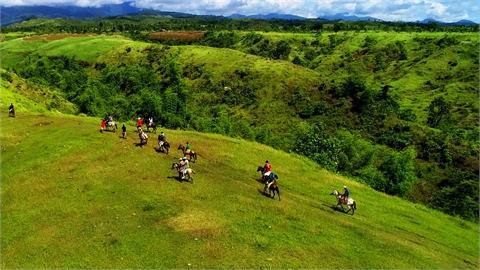
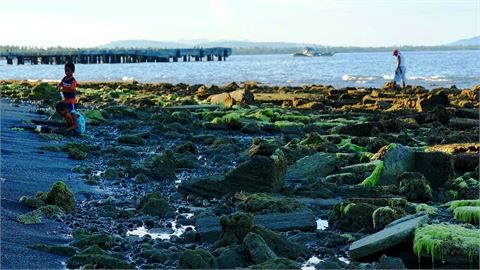
Today, Bansud continues to thrive as an agricultural municipality while developing its tourism potential. The town's natural attractions, cultural festivals, and warm hospitality make it an interesting destination in Oriental Mindoro. Bansud's strategic location along the national highway also makes it an important transportation hub connecting the northern and southern parts of the province.